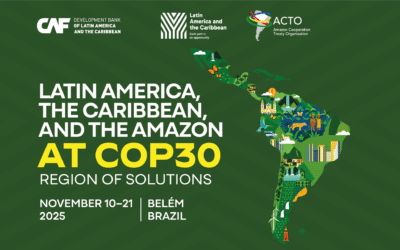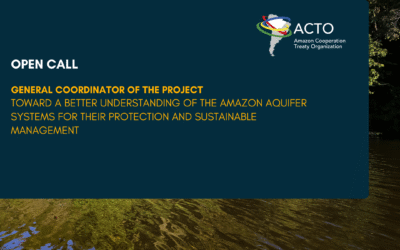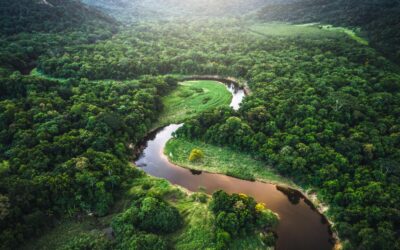ACTO is participating in the High-Level Seminar (SAN) “Progress and challenges in transboundary water cooperation in Latin America in the framework of the SDGs and their indicator 6.5.2.”, carried out within the activities of the 21st Conference of Ibero-American Water Directors (CODIA).
The SAN took place out on February 23 and 24 with the objective analyzing the progress achieved in transboundary cooperation and its degree of application in the countries in terms of surface proportion of transboundary basins that are subject to operational cooperation arrangements in water issues, within the scope of CODIA.
During the second day’s session, Alexandra Moreira participated in the round table Cases of transboundary water management in the region: examples of good cooperation and associated barriers in the development of arrangements, the establishment of joint mechanisms, development of coordinated management plans, exchange of data and information, and financing of measures.
This High-Level Seminar is organized by CODIA with the collaboration of the United Nations Educational, Scientific and Cultural Organization (UNESCO), the United Nations Economic Commission for Europe (UNECE), along with the Inter-American Development Bank (IDB) support.
According to CODIA, cooperation on transboundary waters is essential to guarantee the sustainable management of water resources and achieve the SDG 6.
In the world, 153 countries share transboundary waters (rivers, lakes or aquifers). Transboundary basins cover more than half of the earth’s surface -60% of the flow of all freshwater approximately- and are home to more than 40 of the world’s population.
CODIA also highlights that cooperation on transboundary waters is a precondition for sustainable development, peace, and stability, and creates political, social, economic, and environmental interdependencies. At the same time, transboundary populations are supported, and economic sectors and ecosystems in basins are connected.
The SDGs 6.5 promotes the implementation, by countries, of Integrated Water Resources Management (IWRM) at all levels, including through cross-border cooperation. To measure progress, indicator 6.5.2 was adopted, and was defined as “proportion of the surface of transboundary basins subject to operational arrangements for cooperation in water matters”. Accordingly, UNESCO and UNECE were designated as the indicator’s responsible bodies under the Initiative for Integrated Monitoring of SDG 6 (IMI-SDG 6), due to their experience related to transboundary water cooperation.











